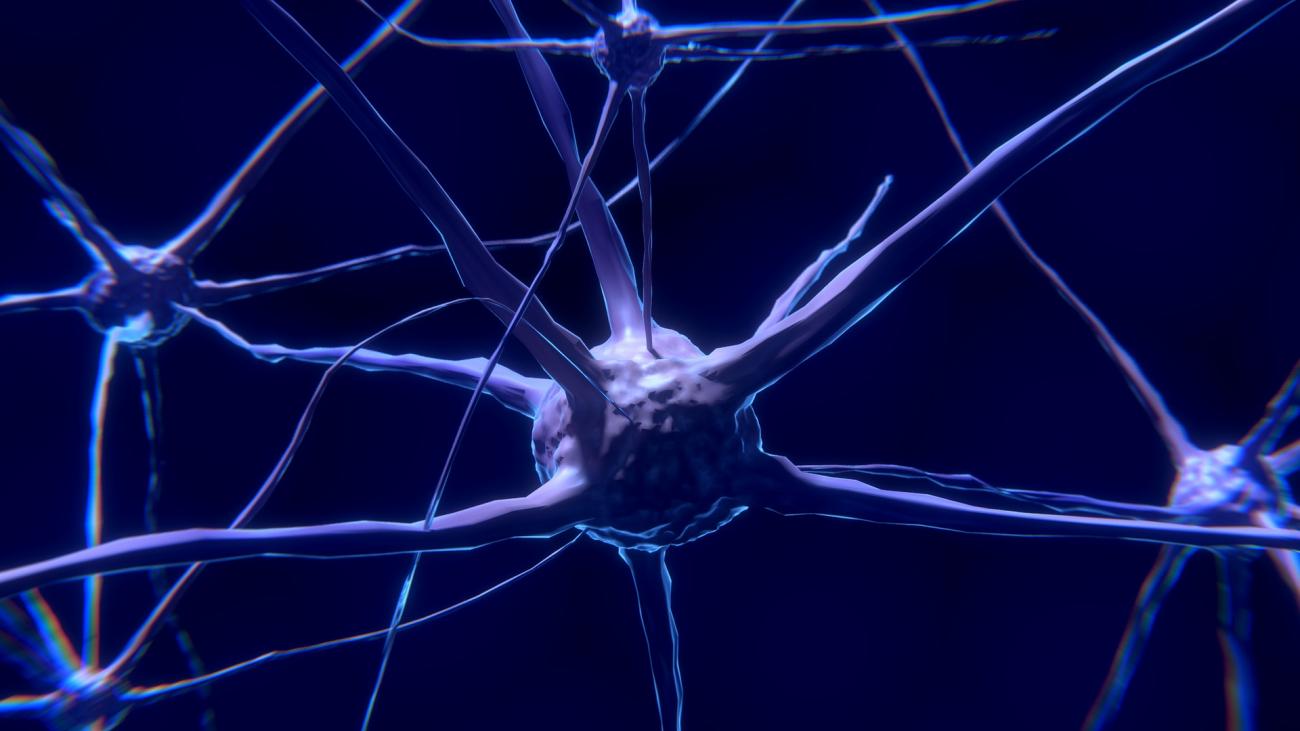Harold Burgess is a senior investigator in the Intramural Research Program of the National Institute of Child Health and Human Development (NICHD) in Bethesda, Maryland. He received his B.Sc. in biochemistry from the University of Melbourne, Australia, his Ph.D. in neuroscience from the Weizmann Institute of Science, Israel, and performed postdoctoral work at the University of Pennsylvania. Dr Burgess moved to the NICHD in 2008 where his laboratory studies neural circuits underlying sensory guided behavior.
The natural environment presents a continuous stream of sensory stimuli that must be quickly evaluated for an appropriate behavioral response. We study the neuronal basis of behavioral choice - how patterns of neuronal connectivity allow the nervous system to integrate sensory cues and internal state information for selecting responses. To achieve this, we combine behavioral analysis with classic genetic and modern cell-based circuit manipulations in larval stage zebrafish. Zebrafish larvae have a tractable nervous system, a repertoire of genetically determined behaviors and are optically transparent, allowing us to observe the activity of individual neurons during natural behavior. To fully harness the power of zebrafish for dissecting neural circuits, we have developed new genetic tools for monitoring and manipulating neuronal function and computational methods for dissecting behavioral and anatomy. The zebrafish brain is structurally similar to that of humans with the likelihood that many neuronal mechanisms are conserved. Taking advantage of this, we also use the larval zebrafish to model severe human neuropsychiatric disorders, such as autism and schizophrenia.
Current Students
-
Grad Advisee Profile




